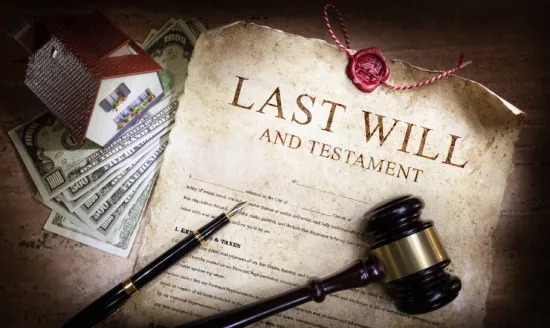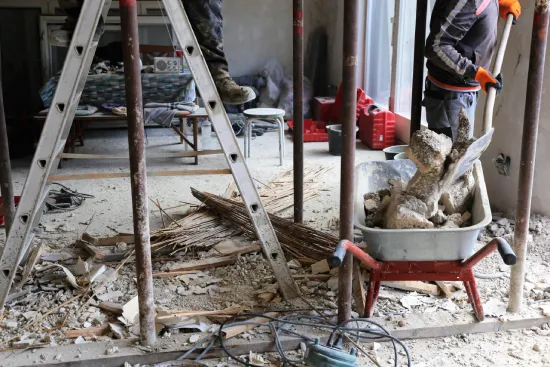
How Do Interest Rates Actually Affect Manhattan Buyers and Sellers?
Rates of interest aren’t just a way to alter monthly payments. They also change who is able to buy, who is able to sell, and

Rates of interest aren’t just a way to alter monthly payments. They also change who is able to buy, who is able to sell, and

The fastest way to lose money selling in Manhattan is not overpricing it’s overpricing and then slowly chasing the market down. This is one of

A Clear Guide So You Don’t Fix the Wrong Things Preparing your home for sale in Manhattan does not mean you need a full renovation.

Differences From Selling Co-op/Condo Selling a townhouse can be different from selling a co-op or condo apartment. Some of these differences exist for both types

A flip tax is a transfer fee (usually between 1% and 3%) that co-op sellers have to pay when selling their apartments.

Estate sale refers to the real estate that is being sold by the heirs or a trust (or the state) after the passing of the owner of the property.

ACRIS allows buyers, property owners, brokers, and attorneys to look at and gain insights from property documents like deeds and mortgage records.

Property appraisal is the process of evaluating a property to determine its fair price in the current market. It’s performed by third-party professionals called appraisers.

Depending on the renovation you are planning, you may need to secure a permit before you can hire a contractor to perform the necessary work.